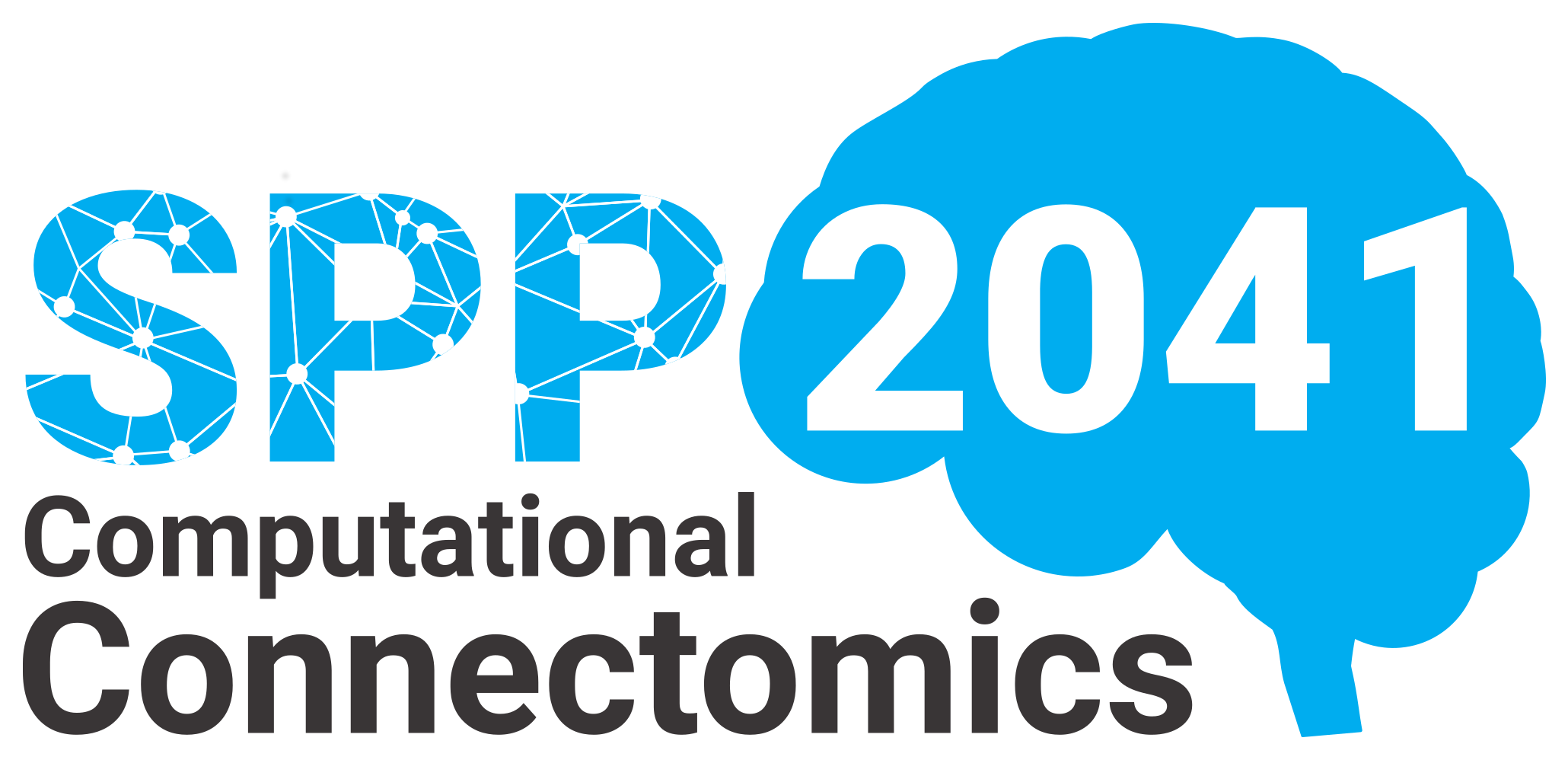Machine-learning on brain connectomics: Individual prediction of cognitive functioning in health and cerebral small vessel disease
The overarching aim of this project is to develop, implement, and evaluate computational models for the prediction of individual cognitive performance from brain connectomics in healthy subjects and patients with cerebral small vessel disease. Hereby we address a substantial gap in research, connectome-based predictive modeling have to date focused either on young healthy adults, or on classification of dementia, mainly Alzheimer’s disease, while only little work has been done to study brain-behavior association in elderly patients at risk or with pre-symptomatic vascular brain changes. Focusing on this demographic group, we will establish an improved machine-learning framework for out-of-sample prediction of cognitive phenotypes from neuroimaging data. This work will be based on three large, population-based cohorts (Hamburg City Heath Study: N=3000, 1000Brains: N=1200 and UKbiobank: N=48000), which provide comprehensive assessments of cognitive function. Importantly, we will consider different imaging derived measures (grey matter volume, structural and functional connectivity, white-matter hyperintensities) alone and in combination to arrive at optimal models for each sample and behavioral phenotype. These will be benchmarked against models using only socio-demographic information and other background data to elucidate the added value of imaging for individual prediction. One of the key challenges for employing machine-learning approaches in clinical settings, i.e., translational application, is the fact that clinical samples are usually too small for model training and validation. Here we propose a novel strategy to address this problems, namely meta-learning. The key idea is to exploit the fact that brain-behavior associations live on a confined manifold, i.e., most behaviors are correlated and relate to a limited set of neurobiological modes of variation. A machine-learning model trained on a large cohort to predict a particular behavior from neuroimaging data should therefore also capture information about other, related behaviors in a smaller, clinically relevant sample. In the second part of this project, we will thus develop, apply and evaluate a novel strategy of meta-learning to transfer models trained in large population samples to new datasets that reflect critical outcome measures for clinical applications but are too small for robust training of predictive algorithms on these. This strategy will be tested in a clinical use-case involving three different samples of patients with cerebral small vessel disease and stroke, respectively. By thism the current proposal brings together a “big-data” strategy for connectcome-based prediction of individual traits with a focus on enabling a transfer to clinical use-cases with limited sample sizes. Taken together our goal is to foster the computational exploitation of brain connectomics for risk assessment, phenotype prediction and potential clinical diagnostics in individual patients.
Principal Investigators
Professor Dr. Simon Eickhoff
Heinrich-Heine-Universität Düsseldorf
Institut für Systemische Neurowissenschaften
Professor Dr. Götz Thomalla
Universitätsklinikum Hamburg-Eppendorf
Neurozentrum
Klinik und Poliklinik für Neurologie
